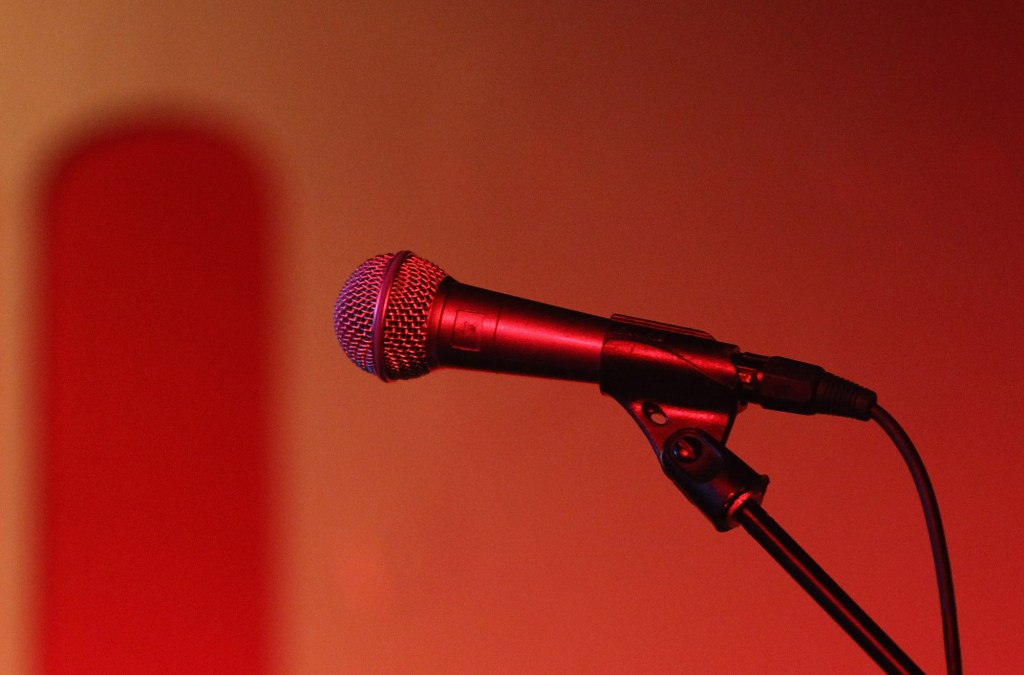
In 2015, Barack Obama submitted to interviews with three YouTube stars, one of whom was notable for eating cereal out of a bathtub. It was a moment that opened a window into the media landscape of the future, after the mainstream media as we have known it — while also making that future seem basically absurd.
A year later Donald Trump won the White House, and there was a rush to find the sources of his victory in the darker reaches of the internet, in misinformation factories and troll farms. It was another window into the media future — but this time the future seemed dystopian, a realm of propaganda and manipulation.
In 2024, the media future doesn’t need to be seen through a glass darkly: For the younger generation of news consumers, it has basically arrived. But it isn’t embodied by cereal-eating YouTubers, Russian-funded disinformation operations or even the Silicon Valley-enforced progressive censorship that many conservatives feared four years ago.
Instead it’s embodied by the sex-and-relationships podcaster and the bro comedians who scored important interviews with Kamala Harris and Trump this month — with the host of “Call Her Daddy,” Alex Cooper, tossing Harris questions about abortion and student loans, while comics Andrew Schulz and Akaash Singh chatted with Trump about his nicknaming strategy on their show, “Flagrant.”
As a conservative with an interest in moral decline, I was familiar with “Call Her Daddy,” but I confess I had never heard of “Flagrant” before clips from the Trump interview started populating my social media feed. Which is par for the course for this campaign: The nominees and their running mates have consistently submitted to interviews with shows and personalities who were barely on my radar screen.
A media kaleidoscope
There’s an impulse to interpret these media arrivistes as reinventions of the prior media dispensation — to cast a big podcaster like Joe Rogan as a muscled Walter Cronkite for the online age, or to frame appearances on “Call Her Daddy” and “Flagrant” as base mobilization operations, akin to appearing on “The Rachel Maddow Show” or “Hannity.”
But that seems mostly wrong. Yes, the emerging dispensation has room for a few Rogan-level leading lights. But almost everybody else is much more niche, part of a kaleidoscope of tiny lights that’s regularly spun around by the personalized algorithms of social media, so the small lights often show up as the pinpricks of a single viral scene or post or clip.
Within this kaleidoscope, some audiences will skew more right or left, sometimes to a paranoid extreme. But much of the content is depoliticized, especially relative to a daily newspaper or an evening newscast in the past. So when you do outreach in these spaces, you aren’t preaching to a high-information Fox News or MSNBC crowd.
Nor is a “Call Her Daddy” appearance the equivalent of Richard Nixon showing up on “Laugh-In” or Bill Clinton playing saxophone on “The Arsenio Hall Show.” Back then, the idea was to use nonpolitical media to change perceptions set by newspapers or the nightly news. But for the younger audiences Trump and Harris want to reach, there may not be a perception of politics apart from whatever osmoses through their TikTok feed or YouTube diet.
This future is, as ever, unevenly distributed. There is still a big share of older Americans who experience politics through a daily newspaper, “60 Minutes” or “Face the Nation.” There is a share of Americans, the committed partisans and infovores, that will always supply an audience for national media operations.
But as the first group ages further, the older dispensation will become more and more of a niche in its own right, a small constellation in the larger, weirder panoply. A few prominent enterprises will endure, a much-diminished version of the mainstream media, but much of the industry will be a vast terra incognita of YouTube stars, podcasters and social media communities, across which algorithmic waves sweep back and forth mysteriously.
So many questions
Is this a dark future? Not in every respect. The terra incognita will probably be less vulnerable to establishment groupthink than the order it’s replacing, and I suspect it will be less vulnerable to manipulative malice than a lot of liberals currently expect: The ownership of Twitter-turned-X or Google will matter on the margins, but in the end, even Elon Musk is stuck competing with countless rival posters.
On the other hand, the new world will be extremely online, with all that entails — more autodidacts, monomaniacs and grifters, more antisemitism and racism, more wild rumors and less agreement on basic features of reality, a few highbrow refuges but a general lowbrow dominance.
And the new landscape will almost certainly be more mysterious, less legible, making it harder for newspaper columnists to generalize and harder for campaigns to strategize.
Does a 90-minute debate matter more than the viral clips that it produces? A big speech more than a niche appearance that hits some sweet spot? What does the public actually know? What ideas reach them?
And finally, a question we’ll be asking more and more: Who are these people, and why are they interviewing our presidential candidates?
Ross Douthat is a New York Times columnist.

















































